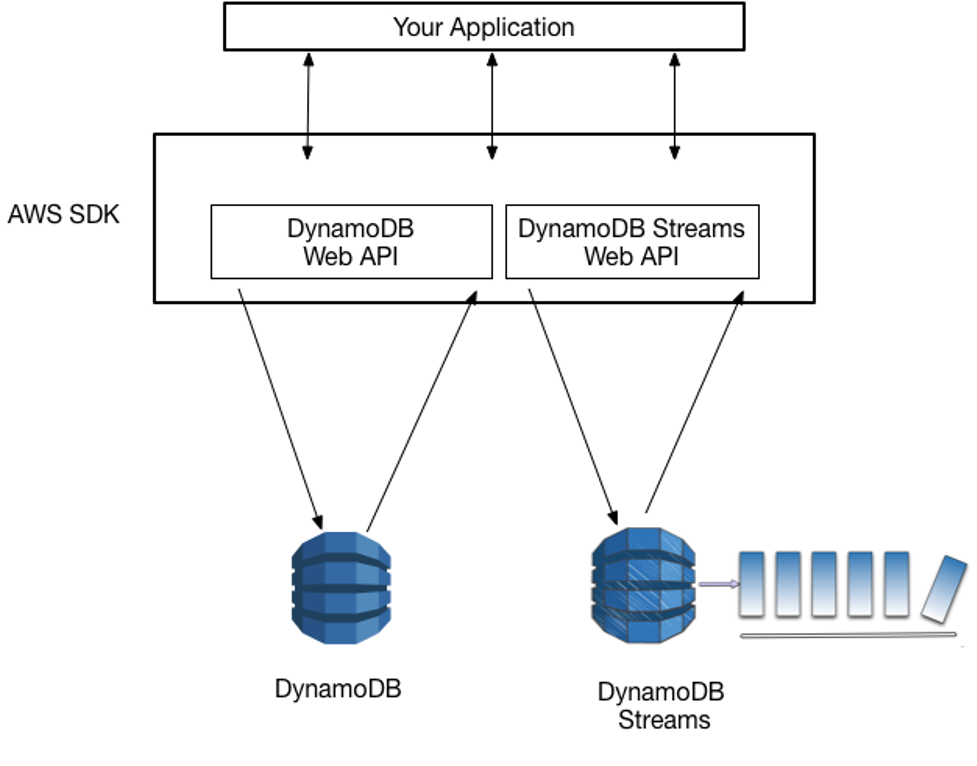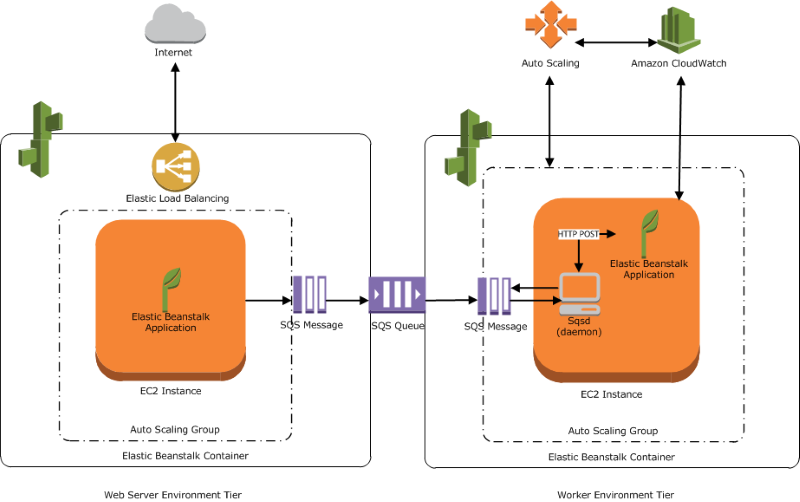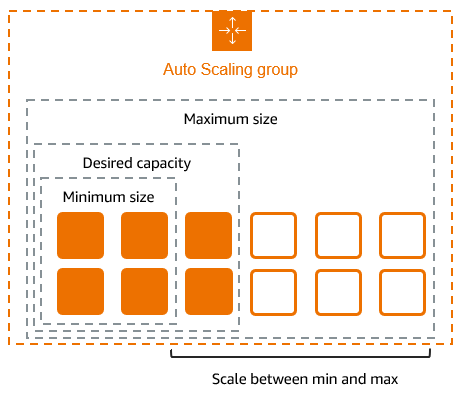The Tech Career Confusion: DevOps, SRE, or Platform Engineering?
Hey there, tech enthusiasts! If you've been exploring career options in the tech world lately, you've probably come across these three buzzwords: DevOps, SRE, and Platform Engineering. These roles sound similar, have overlapping responsibilities, and all pay pretty well – so what's the actual difference?
As someone who's worked with professionals across all three domains, I can tell you the confusion is real. In fact, even job descriptions often blur the lines between these roles! Let's break down each one in simple terms and figure out which might be right for your career path in 2025.
DevOps: The OG of Modern IT Operations
What Exactly Is DevOps?
DevOps isn't just a job title – it's a philosophy, a culture, and a set of practices. The term comes from combining "Development" and "Operations," which pretty much tells you what it's all about: breaking down the traditional silos between developers (who build applications) and operations teams (who run them).
The DevOps Focus
DevOps focuses primarily on integration and collaboration. The goal? To create a seamless workflow from code development all the way to production deployment and monitoring. A DevOps practitioner works to:
- Automate repetitive tasks through CI/CD pipelines
- Implement infrastructure as code (IaC)
- Foster better communication between teams
- Speed up software delivery while maintaining quality
- Create feedback loops for continuous improvement
The Day-to-Day Reality of DevOps
In a typical day, a DevOps engineer might:
- Write scripts to automate deployments
- Configure monitoring tools
- Troubleshoot pipeline failures
- Implement security practices (DevSecOps)
- Work with both developers and operations folks to streamline processes
DevOps is the most established of the three roles we're discussing, having been around since around 2009. It remains incredibly relevant today because it addresses fundamental problems in software delivery that still exist in many organizations.
SRE: When Reliability Is Everything
What Is Site Reliability Engineering?
SRE was born at Google when Ben Treynor Sloss defined it as "what happens when a software engineer is tasked with what used to be called operations." It's a more specialized approach that extends DevOps principles with a laser focus on system reliability and performance.
The SRE Focus
SRE concentrates on system reliability and performance optimization. SREs are obsessed with:
- Defining and measuring service level objectives (SLOs)
- Minimizing toil through automation
- Managing error budgets
- Incident response and postmortems
- Capacity planning and performance optimization
SRE in Practice
A day in the life of an SRE might include:
- Analyzing system performance metrics
- Writing automation to handle repetitive operational tasks
- Creating and refining runbooks for incident response
- Participating in on-call rotations
- Conducting blameless postmortems after incidents
The key difference between DevOps and SRE? While DevOps aims to balance speed and reliability, SREs are reliability specialists who apply software engineering practices to infrastructure problems.

Platform Engineering: The New Kid on the Block
What Is Platform Engineering?
Platform Engineering emerged as a response to the challenges organizations faced when scaling DevOps practices. It focuses on building internal developer platforms that make it easier for development teams to self-service their infrastructure and deployment needs.
The Platform Engineering Focus
Platform Engineers are all about creating developer-friendly internal platforms that:
- Provide self-service capabilities for developers
- Abstract away infrastructure complexity
- Standardize deployment processes
- Integrate tools and services into a cohesive ecosystem
- Improve developer experience and productivity
Platform Engineering in Action
A typical Platform Engineer might spend their day:
- Building and maintaining internal developer portals
- Creating templates for common infrastructure patterns
- Integrating various tools into a unified platform
- Gathering feedback from developers on platform usability
- Implementing platform features that enable developer self-service
Platform Engineering is often described as "DevOps at scale" or the natural evolution of DevOps in larger organizations. While DevOps focuses on the practices, Platform Engineering focuses on the tools and platforms that enable those practices.
Side-by-Side Comparison: Spotting the Differences
| Aspect | DevOps | SRE | Platform Engineering |
|---|---|---|---|
| Primary Goal | Bridge dev and ops for faster delivery | Ensure system reliability | Improve developer experience |
| Focus | Processes and culture | Reliability and performance | Internal platforms and tools |
| Metrics | Deployment frequency, lead time | SLOs, error budgets, MTTR | Developer productivity, platform adoption |
| Team Structure | Cross-functional | Specialized | Centralized service team |
| Core Skills | Scripting, CI/CD, IaC | Software engineering, observability | API design, UX, systems thinking |
| Origin | Grassroots movement | Response to DevOps scaling challenges |
How These Roles Work Together
In a well-functioning organization, these roles complement each other beautifully:
- DevOps establishes the culture and practices that enable fast, reliable software delivery.
- SRE focuses on making sure the systems remain reliable as delivery speed increases.
- Platform Engineering builds the tooling and platforms that make DevOps practices accessible to everyone.
Think of it as a natural progression: DevOps establishes the principles, SRE specializes in reliability aspects of those principles, and Platform Engineering scales those principles across the organization.
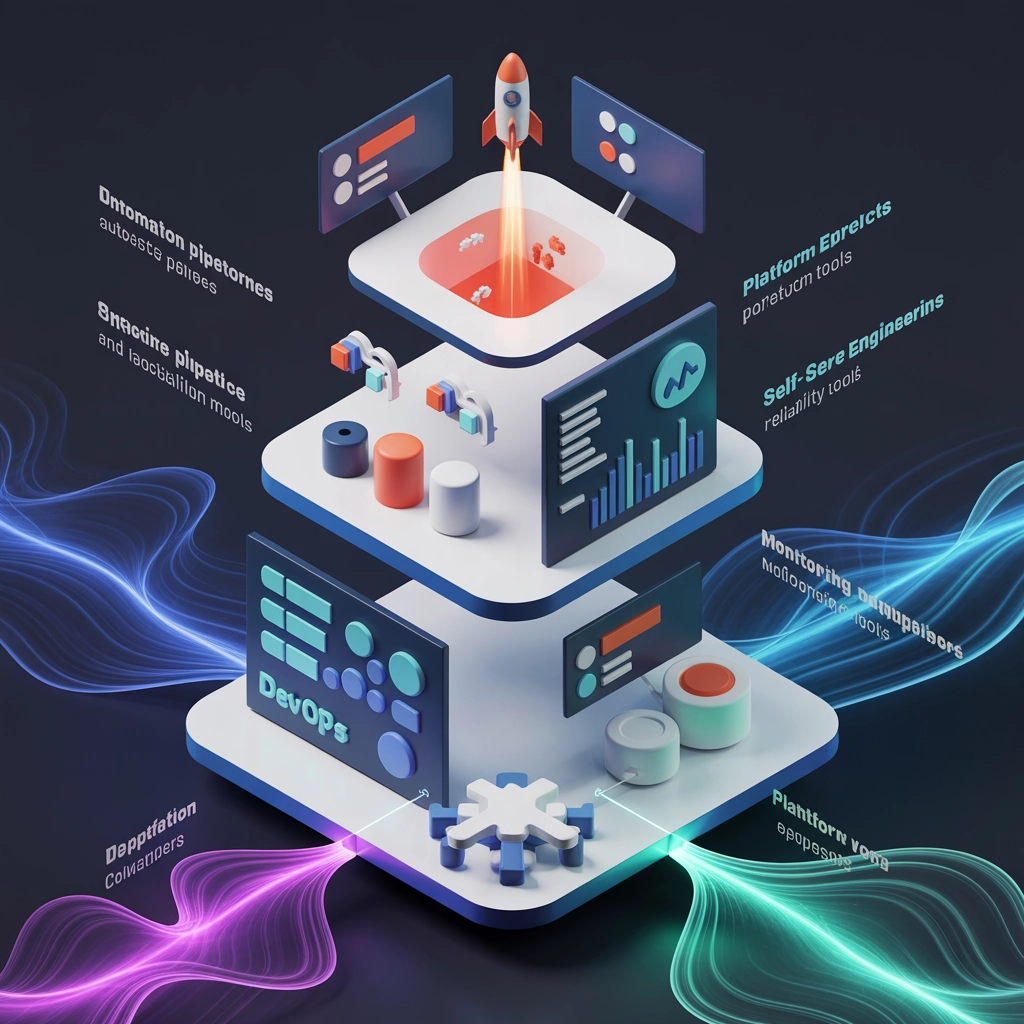
Career Paths and Salary Potential
Now for the part you're probably most curious about – the career and compensation outlook.
DevOps Career Path
The DevOps career path is well-established. You might start as a DevOps Engineer, progress to Senior DevOps Engineer, and eventually become a DevOps Architect or Engineering Manager.
2025 Salary Range: $90,000 – $180,000+ depending on experience, location, and company size.
SRE Career Path
SREs often start as junior SREs or transition from software engineering or operations roles. Career progression includes Senior SRE, Staff SRE, and SRE Manager or Principal SRE.
2025 Salary Range: $100,000 – $200,000+, with Google and similar tech giants typically paying at the higher end.
Platform Engineering Career Path
This newer career path typically starts with Platform Engineer and progresses to Senior Platform Engineer, Platform Architect, and Director of Platform Engineering.
2025 Salary Range: $95,000 – $190,000+, with the highest compensation typically found in larger enterprises that have significant platform needs.
Which Path Is Right for You?
Choosing between these career paths depends on your interests and strengths:
Choose DevOps if:
- You enjoy working across different domains and teams
- You're interested in both development and operations
- You want a broadly applicable skill set
- You thrive in environments that value cultural change
Choose SRE if:
- You have a software engineering background or aptitude
- You're fascinated by system performance and reliability
- You enjoy data-driven decision making
- You're comfortable being on-call and handling incidents
Choose Platform Engineering if:
- You enjoy building tools that other developers will use
- You have a knack for user experience and design
- You like thinking about systems at scale
- You want to shape the developer experience at your organization
Skills That Will Make You Valuable in 2025
Regardless of which path you choose, certain skills will make you especially valuable:
- Infrastructure as Code (IaC): Tools like Terraform, Pulumi, and CDK continue to be essential
- Kubernetes expertise: Still the dominant container orchestration platform
- Observability: Advanced skills with tools like OpenTelemetry, Grafana, and Prometheus
- Security automation: DevSecOps practices are now standard
- AI/ML operations: As AI becomes more integrated into applications, managing ML pipelines is increasingly important
- FinOps: Cost optimization for cloud resources remains crucial
- Change management: The human side of technology adoption
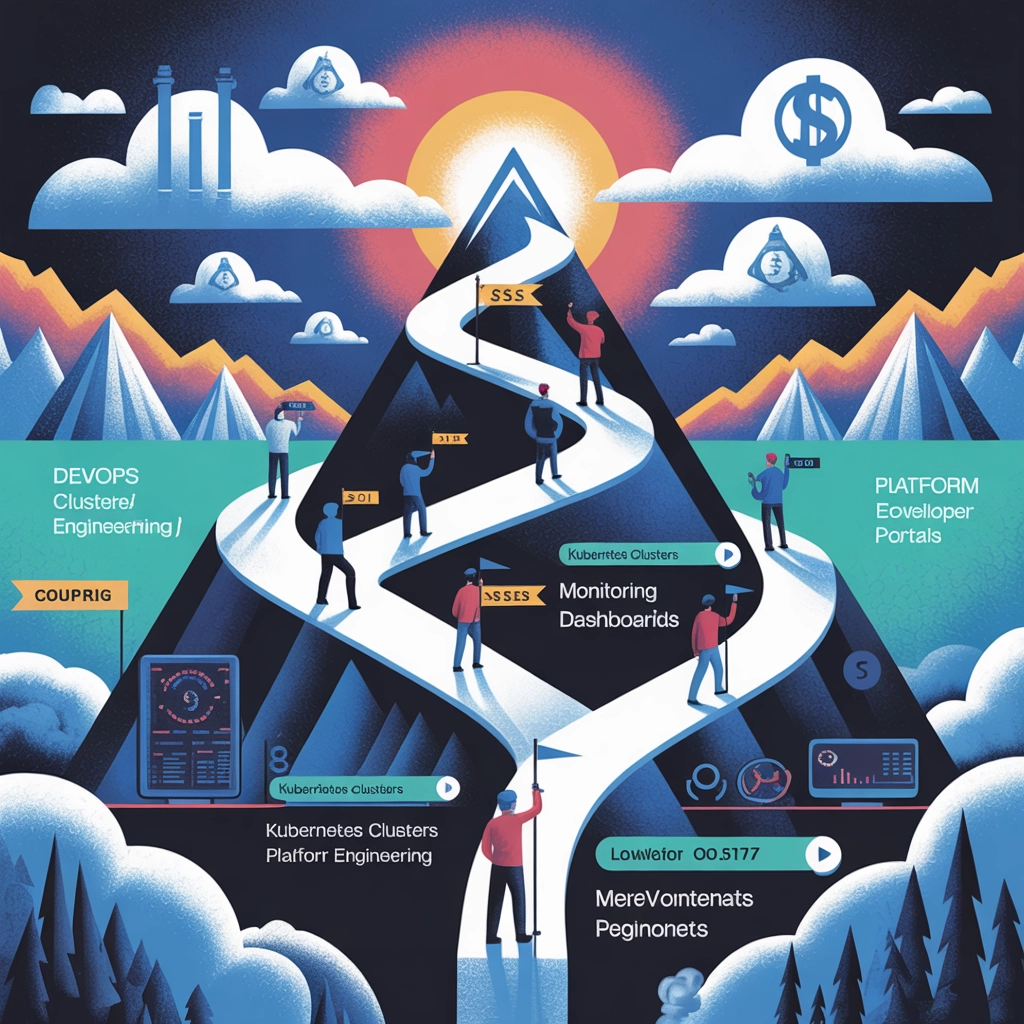
Starting Your Journey: From Zero to Six Figures
If you're starting from scratch, here's a practical roadmap to get to a six-figure salary in any of these roles:
- Build a strong foundation (3-6 months):
- Learn Linux fundamentals
- Master Git version control
- Understand cloud basics (AWS, Azure, or GCP)
- Learn basic scripting (Python or Bash)
- Specialize based on your chosen path (6-12 months):
- DevOps: CI/CD pipelines, configuration management
- SRE: Observability tools, incident response
- Platform Engineering: API design, developer workflows
- Get hands-on experience (ongoing):
- Build personal projects (check out these 5 DevOps projects that can help land your first job)
- Contribute to open source
- Complete real-world scenarios in learning environments
- Get certified (3-6 months):
- Cloud certifications (AWS, Azure, GCP)
- Kubernetes certifications (CKA, CKAD)
- Platform-specific certifications
- Network and build your professional brand (ongoing):
- Share your learning journey
- Attend meetups and conferences
- Connect with professionals in your target field
The Bottom Line
DevOps, SRE, and Platform Engineering represent different approaches to solving similar problems in the software delivery lifecycle. While DevOps focuses on culture and process, SRE emphasizes reliability through engineering, and Platform Engineering creates the tools and platforms that enable both.
The great news? All three paths can lead to rewarding careers with six-figure salaries. The key is to understand which aligns best with your interests and strengths, then commit to continuous learning in that domain.
Remember, the lines between these roles often blur in practice, and having knowledge across all three areas will make you an exceptionally valuable professional in 2025 and beyond.
Have questions about which path might be right for you? Drop a comment below or reach out to us – we'd love to help guide your journey!


